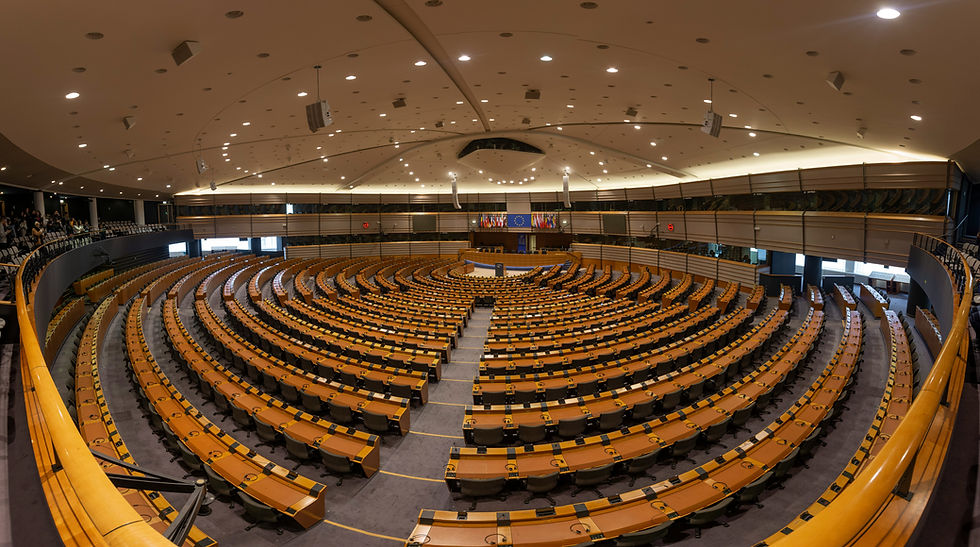Trade Wars and the Global Economy
- Mako Muzenda

- 13. Dez. 2024
- 2 Min. Lesezeit

Trade is an important component of the global economy. High-profile trade tensions between the United States and China have pushed global trade into the spotlight. These tensions have far-reaching implications for the global economy. A trade war is an economic conflict between countries characterised by the imposition of tariffs and other trade barriers on each other's goods and services in retaliation to protect domestic industries or address trade imbalance.
As with any war, there are winners and losers. These wars often lead to a reallocation of trade flows. Countries that have a comparative advantage in certain products can benefit from the tariffs imposed on their competitors. During the US-China trade war, countries like Vietnam and Mexico saw an increase in their exports to the US to fill the gap left by Chinese products. Industries that are shielded by tariffs can also enjoy short-term gains. American steel and aluminium producers benefitted from tariffs on imports, which reduced competition from foreign producers. This protection can lead to increased production and job retention in the short term. There are also political benefits. Politicians advocating for protectionist policies can gain favour voters concerned with perceived downsides of globalisation and who want to protect their jobs.
But there is a downside to trade tensions. One of the most immediate impacts of trade wars is on consumers. Tariffs increase the cost of imported goods, leading to higher prices for everyday products. This can reduce consumer purchasing power and overall economic welfare. Countries targeted by tariffs often retaliate with their own tariffs, affecting exporters. American farmers faced significant challenges when China imposed tariffs on American agricultural products, leading to a decline in exports and financial strain on the farming community.
Trade wars also disrupt global supply chains. Companies that rely on international supply chains may face higher production costs and delays, impacting their competitiveness and profitability. This has a ripple effect on the global economy. An increase in tariffs and trade barriers can lead to a decrease in international trade, which slows down global economic growth. The uncertainty created by trade tensions impacts investment and business confidence, which further hamper economic activity. Moreover, trade wars can create a cycle of straining international relations and exacerbating geopolitical tensions, which in turn will escalate trade restrictions and protectionist policies. Countries may form new alliances and trade partnerships to mitigate the impact of tariffs, reshaping the global economic order.
While there are benefits for local industries and countries with comparative advantages, the negatives outweigh the positives of trade wars. They rarely have clear winners and often result in widespread economic disruption. Consumers, exporters, supply chains and the global economy suffer the most in the tit-for-tat of tariffs and protectionist policies. With a new administration looming in America, there is a strong possibility of a new stage of a trade war, with countries across the world set to feel its impacts.






Comentarios